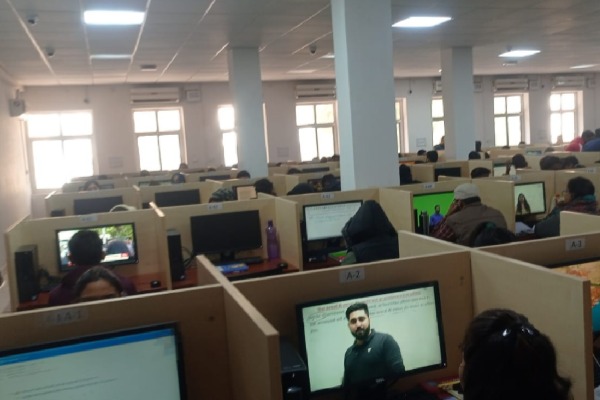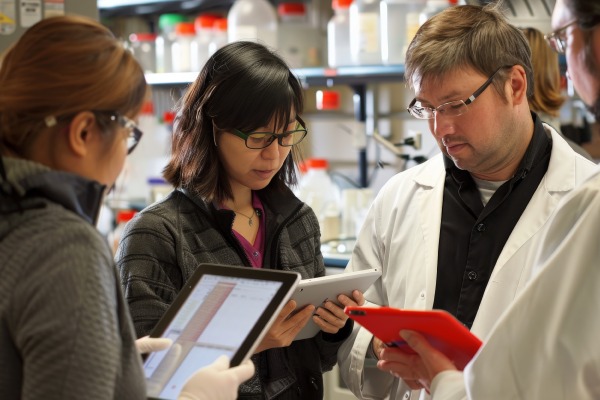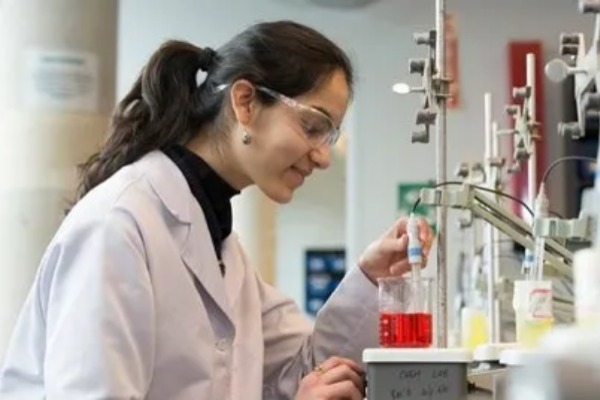
Importance of pedagogy in teaching and learning process
Teaching is much more than delivering lessons or completing the syllabus. It’s about inspiring students, shaping their minds, and helping them learn in the best possible way. That’s where pedagogy comes in — the heart of every effective teaching and learning process.
In this blog, we’ll explain in simple words what pedagogy means, why it’s important in teaching, and how it impacts both teachers and students.
What is Pedagogy?
In simple terms, pedagogy means the art and science of teaching.
It covers everything a teacher does to help students learn — from how lessons are planned and presented to how activities, assessments, and discussions are conducted in class.
Pedagogy is not just about what a teacher teaches, but how they teach.
- The teaching methods used
- The way teachers communicate with students
- How students are encouraged to think, question, and understand concepts
- The classroom environment and learning culture
Why is Pedagogy Important in Teaching?
The importance of pedagogy in teaching lies in how it shapes students’ understanding and curiosity. A well-planned pedagogical approach ensures that students don’t just memorize facts, they actually understand and apply them.
1. Creates an Effective Learning Environment
Good pedagogy helps teachers design lessons that are interactive and engaging. Instead of one-way lectures, teachers use discussions, activities, and projects that make students active participants in learning.
2. Helps Address Different Learning Styles
Every student learns differently — some through visuals, others through reading or hands-on activities. Pedagogical methods help teachers use a mix of strategies so that every child can learn comfortably.
3. Encourages Critical Thinking
Pedagogy pushes students to ask questions, explore new ideas, and think beyond textbooks. This builds analytical and creative thinking skills that are useful throughout life.
4. Improves Teacher-Student Interaction
When teachers understand pedagogy, they communicate better with students. They know how to motivate, handle doubts, and create a positive classroom relationship that supports learning.
5. Connects Theory with Real Life
Through activity-based learning and project work, pedagogy links academic knowledge with real-life situations. This helps students understand the practical use of what they study.
Types of Pedagogical Approaches
There is no single way to teach effectively. Teachers choose different pedagogical approaches based on subjects, student needs, and learning goals.
|
Pedagogical Approach |
Description |
|
Constructivist Pedagogy |
Encourages students to build their own understanding through exploration and experience. |
|
Collaborative Learning |
Involves teamwork, discussions, and group activities. |
|
Inquiry-Based Learning |
Focuses on asking questions and discovering answers. |
|
Experiential Learning |
Students learn by doing — experiments, field trips, and projects. |
|
Blended Learning |
Combines traditional classroom teaching with digital tools and online resources. |
Role of Pedagogy in the Learning Process
Pedagogy doesn’t just benefit teachers — it directly improves how students learn and grow.
- Makes learning student-centered: Focuses on what students need to learn rather than what the teacher wants to teach.
- Builds confidence and curiosity: Encourages students to express ideas and take ownership of learning.
- Develops social and emotional skills: Through group activities and interactions, students learn teamwork, empathy, and communication.
- Supports continuous learning: Pedagogy adapts with changing times, technology, and student needs, keeping education relevant and modern.
How Teachers Can Improve Their Pedagogy
- Know Your Students: Understand their strengths, weaknesses, and learning styles.
- Use Modern Tools: Integrate smart boards, e-learning platforms, and digital quizzes.
- Encourage Interaction: Let students ask questions and participate in discussions.
- Reflect and Adapt: After every class, think about what worked and what can improve.
- Keep Learning: Attend workshops, teacher training programs, and stay updated with new teaching techniques.
Importance of Pedagogy in the New Education Policy (NEP 2020)
Under India’s New Education Policy (NEP 2020), pedagogy has become more important than ever.
The focus has shifted from rote learning to understanding, creativity, and skill development.
Teachers are now expected to adopt activity-based and experiential learning methods that make education joyful and meaningful.
To sum up, pedagogy is what makes teaching truly effective. It’s not just about transferring knowledge, it’s about inspiring curiosity, shaping minds, and building lifelong learners.
A teacher with strong pedagogical understanding can transform even an ordinary classroom into a space of exploration and growth.
As education continues to evolve, the importance of pedagogy in teaching will only increase helping both teachers and students reach their true potential.
Frequently Asked Questions on Pedagogy
Q1. What is the meaning of pedagogy in teaching?
A1. Pedagogy means the method and practice of teaching. It includes how a teacher plans lessons, interacts with students, and uses activities or assessments to support learning.
Q2. Why is pedagogy important for teachers?
A2. It helps teachers make lessons more engaging, adapt to student needs, and improve learning outcomes. Good pedagogy ensures effective and enjoyable teaching.
Q3. How does pedagogy help students learn better?
A3. Pedagogy focuses on understanding rather than memorization. It uses interactive, practical, and student-centered methods that make learning meaningful.
Q4. What are some examples of pedagogy?
A4. Examples include group discussions, storytelling, project-based learning, flipped classrooms, and experiential learning methods





































































